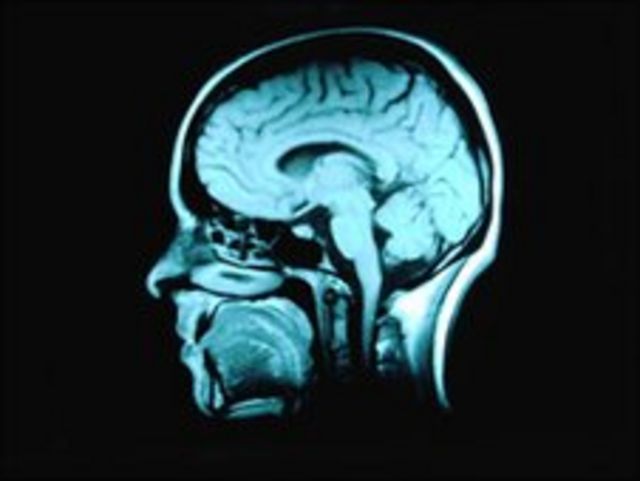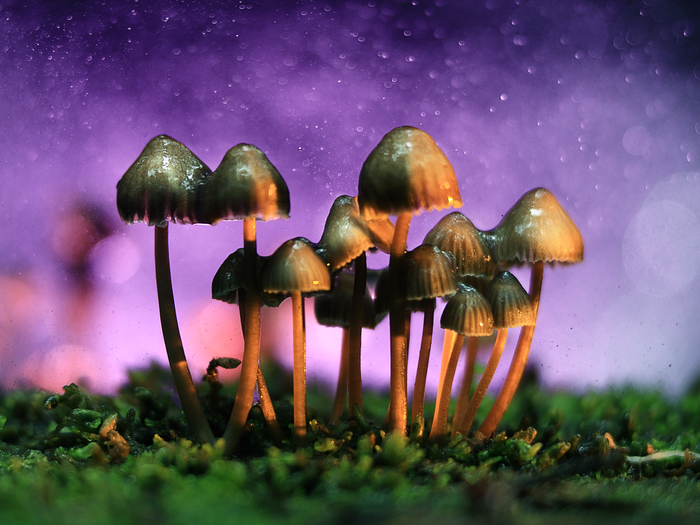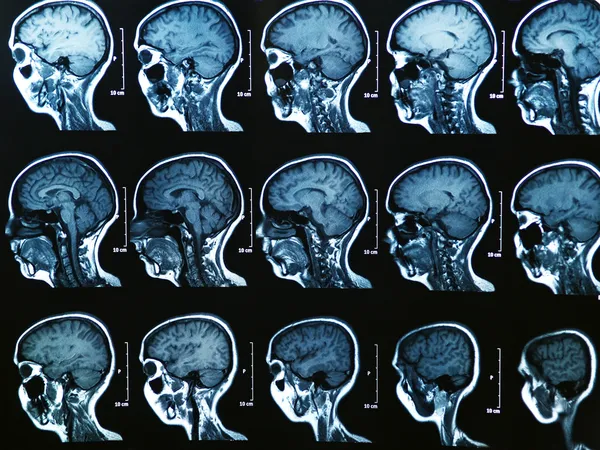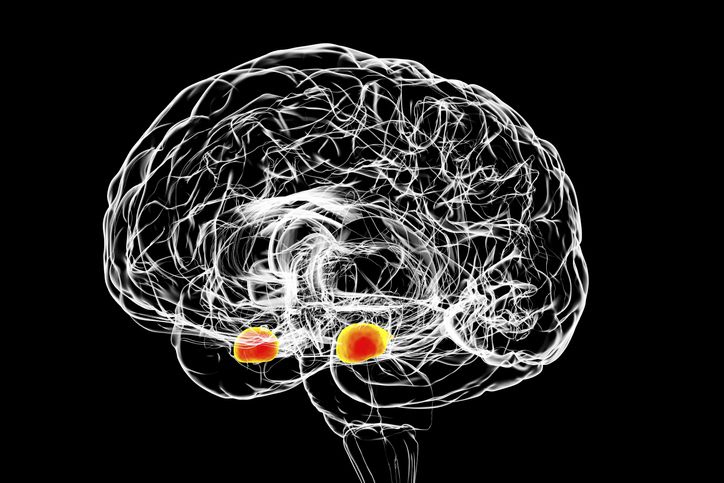Astrocytes play a major role in the neuronal activity of learning and memory formation
The research had been publicized in eLife.
New blood test may serve as an accurate early predictor of Alzheimer’s disease onset
The study was published in Neurology.
How a high-fiber diet may decrease the chances of developing dementia
The study included over 3,000 Japanese participants in middle adulthood.
How children with insomnia may continue to experience sleep problems later in adulthood
502 young participants were involved in the study.
Children with epilepsy are more likely to experience sleep disturbances that worsen over time
The participants were chosen as part of the Rare Epilepsy Network survey.
Study explores structural connectivity changes during long-duration space missions
The new findings may serve as a basis for future research exploring brain changes during space exploration.
Study finds major brain differences between girls and boys with autism
Researchers assessed the fMRI brain imaging scans of more than 700 children with autism.
Study finds psilocybin treatment effective for affective disorders for up to one year
Psilocybin may relieve symptoms associated with major depressive disorder for at least one year.
Brain imaging scans indicate few pediatric brain differences with ADHD
The comparisons led to 11 distinct anomalies that stood out when comparing the ADHD and the healthy group.
Viewing nature in VR headsets may relieve stress among front-line workers
Viewing nature in virtual reality headsets may alleviate stress among first-line workers, study suggests.
Memory deficits and slow walking may predict risk of developing dementia
According to researchers, people with MCR have a more than double risk of developing dementia.
Study looks at how amygdala development in autistic children is linked to anxiety
The young participants enrolled in the study were part of the UC Davis' Autism Phenome Project.












